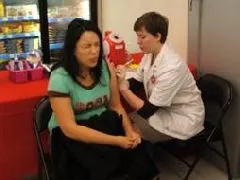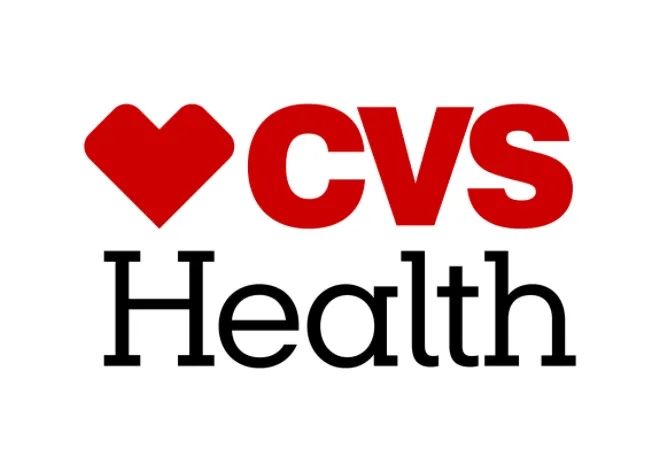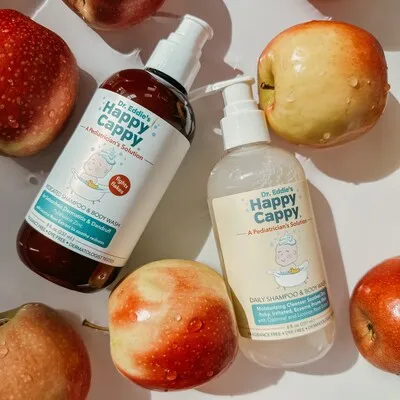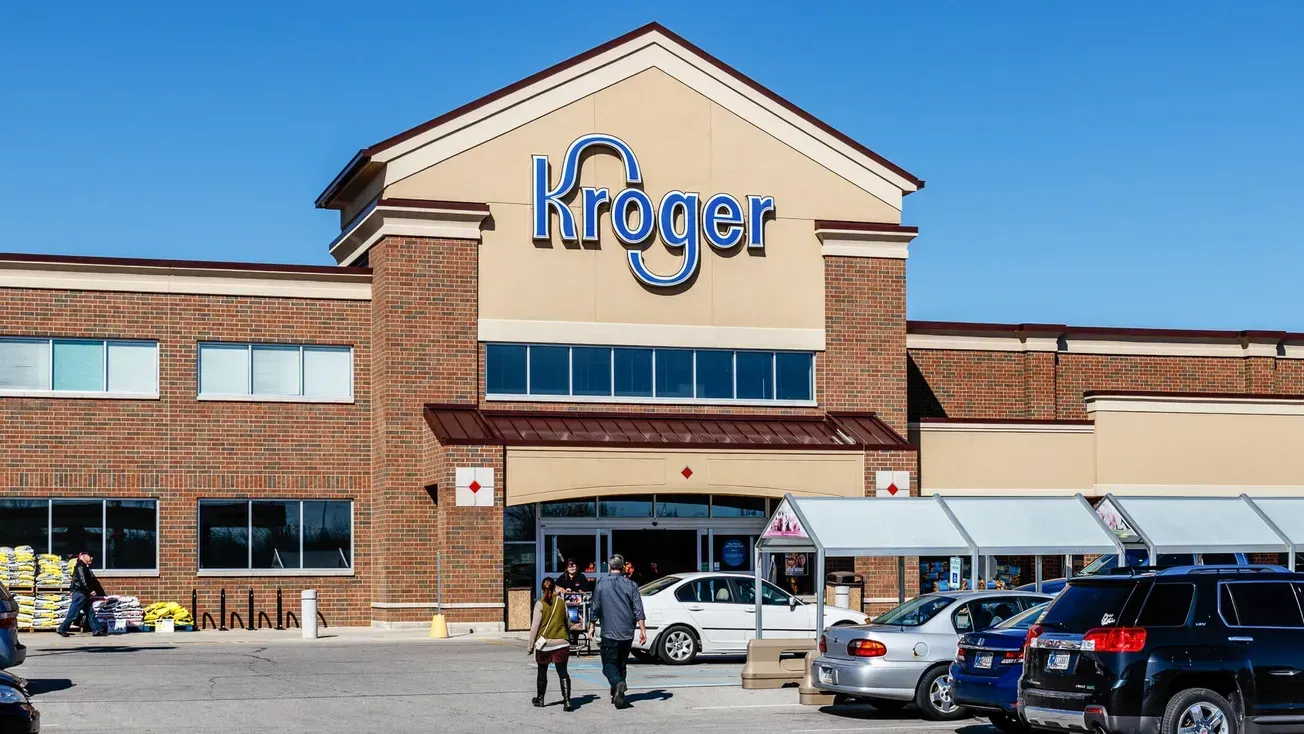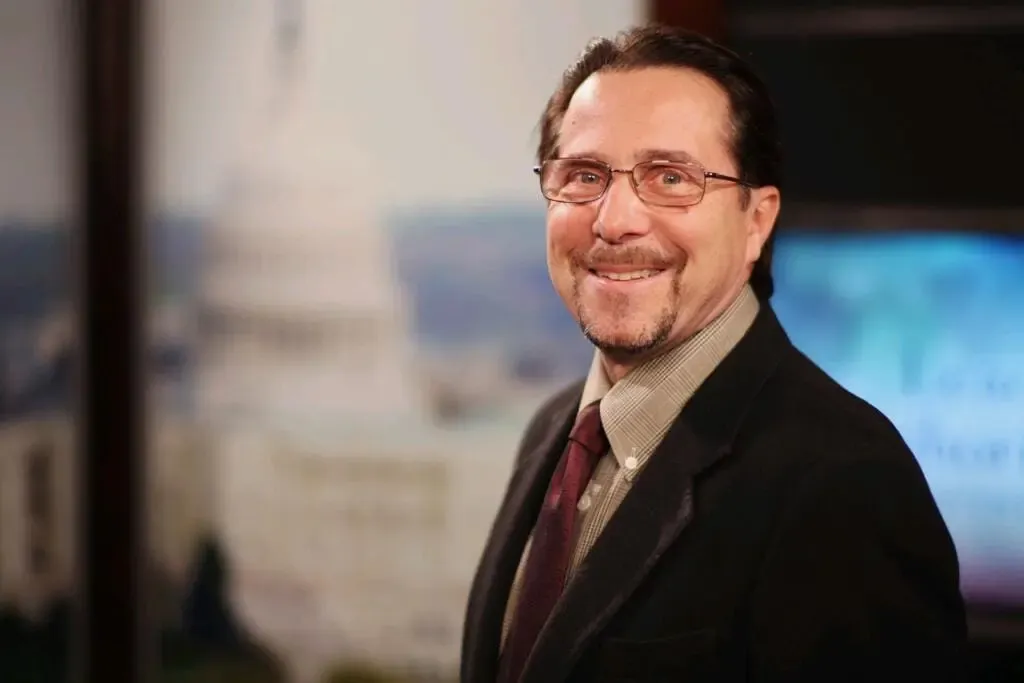DEERFIELD, Ill. — Retail pharmacies have played a major role in providing vaccinations during this flu season, and Walgreen Co. accounted for the lion’s share of shots administered by drug store chains.
Citing figures from health data firm Wolters Kluwer, Walgreens said Thursday that pharmacist-administered seasonal flu shots grew 36% this flu season, representing about 10% of the total administered nationwide.
The retailer also noted that a recent survey by the Centers for Disease Control and Prevention (CDC) found that roughly 12% of respondents said they received seasonal flu shots from a drug store or pharmacy.
Including its more than 7,100 pharmacies and 350-plus Take Care Clinics nationwide, Walgreens administered more than 7.4 million seasonal and H1N1 flu shots this season, according to the company. The chain said its pharmacies administered about four times the number of seasonal flu shots as they did last season, accounting for approximately half of all flu immunizations administered through retail pharmacies, based on Wolters Kluwer data. Overall, Walgreens and Take Care Health administered over 5.4 million seasonal flu shots.
"Our goal is to make it easier for people to get flu shots and a wide range of other immunizations through our expansive network of immunizing pharmacists, nurse practitioners and physician assistants," Kermit Crawford, Walgreens’ executive vice president of pharmacy, said in a statement. "This flu season has further proven that patients appreciate and value the convenience, accessibility and affordability of community pharmacy and retail health clinics for immunizations, information and a variety of other health and wellness services."
About 97% of Walgreens pharmacy customers polled in a phone survey last November said a convenient location was an important factor in their overall flu shot satisfaction, the chain said. Also, 97% said they felt that having hours of operation that fit their schedule was important.
"Pharmacy is instrumental in expanding public access to immunizations," American Pharmacists Association executive vice president and CEO Tom Menighan said in a statement released by Walgreens. "When it comes to immunizations and other important health care services, pharmacies add tens of thousands of locations throughout the U.S., extended hours and a convenience that are a great complement to doctor’s offices, hospitals, public health and other health centers."
Of those who received flu shots at Walgreens and Take Care Clinics this season, the largest percentage were seniors, those ages 65 and over. About 60% were over the age of 55. However, the percentage of Walgreens flu shot patients age 54 and under (42 percent) was up 6% over last season. Just 19% of those getting flu shots at Walgreens or Take Care Clinics were ages 18 to 44, and only 10% were ages 2 to 17. About 13% were ages 45 to 54.
Walgreens said 44% of seasonal flu shot patients paid cash for their immunization this season. And with the largest percentage of patients being seniors, 34% of those who received a flu shot at Walgreens had services covered through Medicare Part B. The other payment methods and coverages were 17% commercial (all other plans not associated with government funding or cash), 4% Medicare Part D and 1% state Medicaid.
According to Walgreens, the American Pharmacist Association reports that there are now more than 100,000 pharmacists nationwide who have completed a certificate training program in pharmacy-based immunizations. Walgreens said it has more than 18,000 pharmacists, nurse practitioners and physician assistants licensed or certified to provide flu shots.
The pharmacy chain added that the CDC’s Advisory Committee on Immunization Practices recently said it will recommend a flu shot for everyone over the age of 6 months, effective with the 2010-11 flu season.

